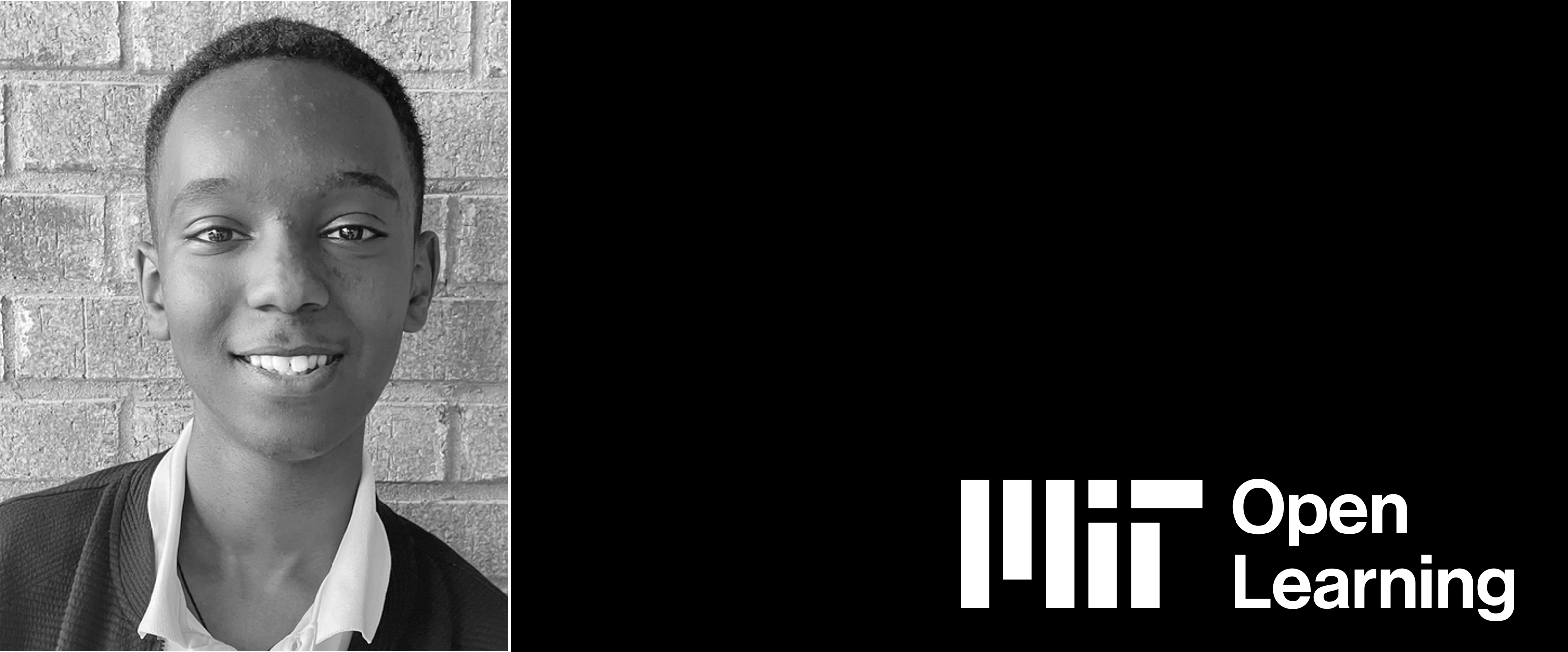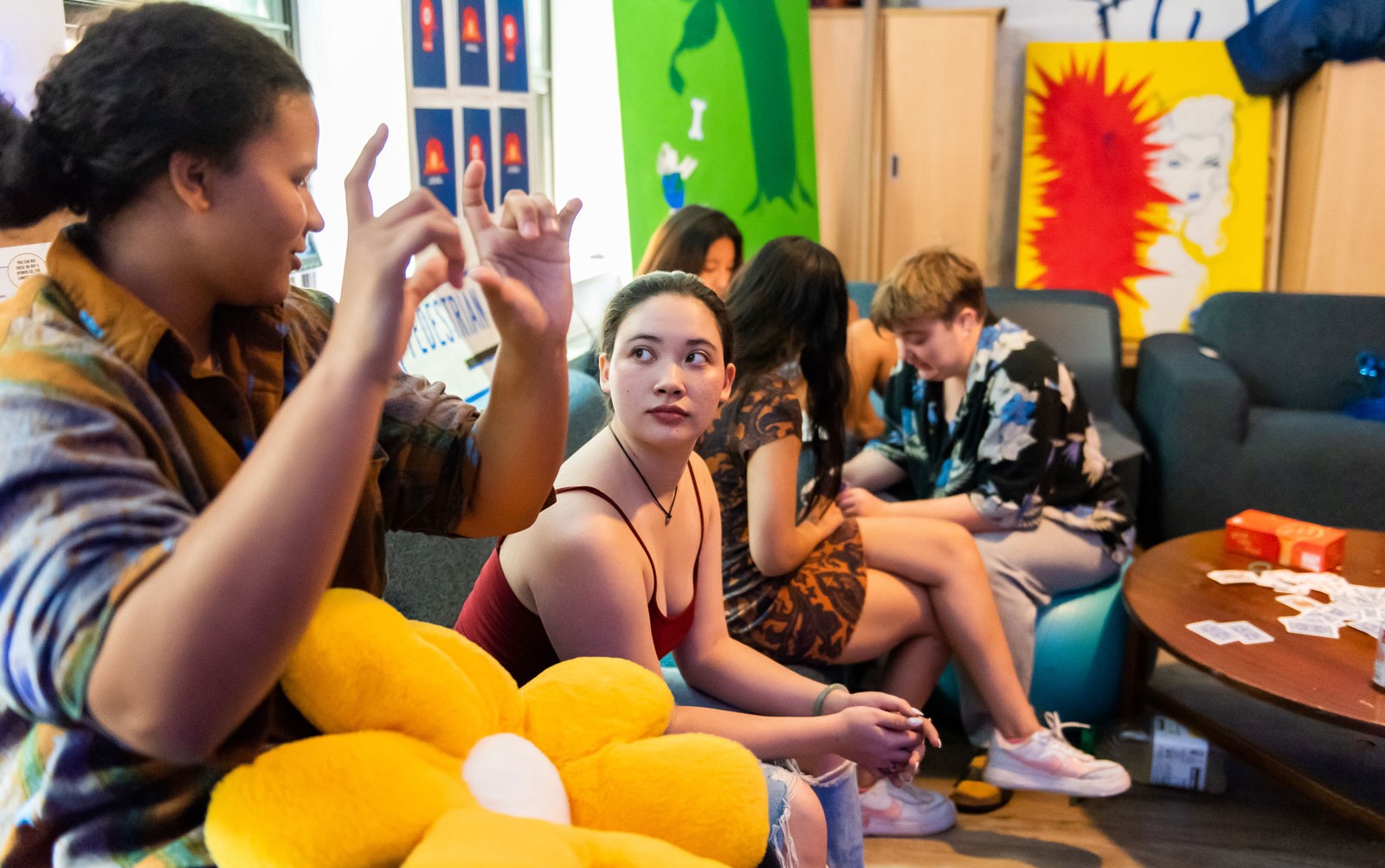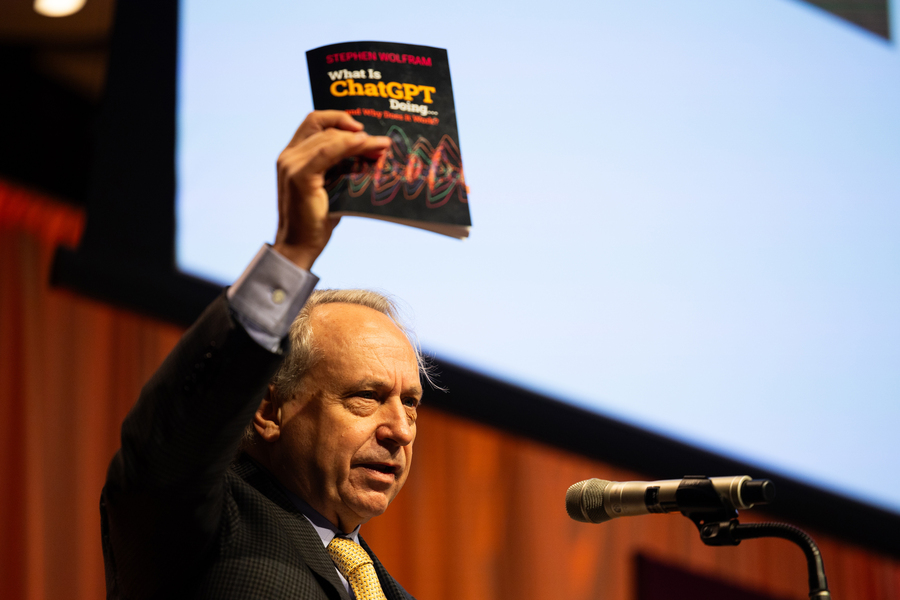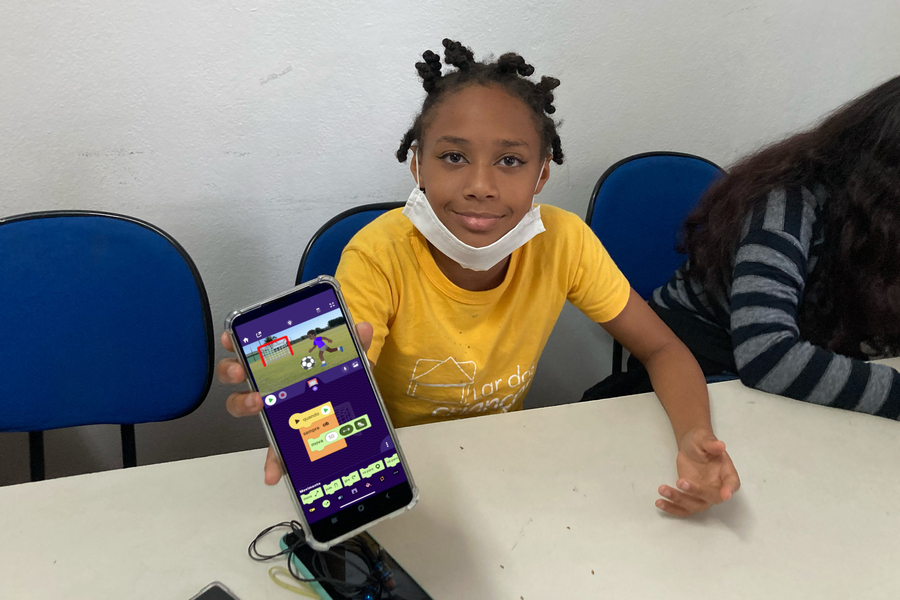In addition to growing their technical skills, the interns also gained professional experience, learning what it is like to work, report hours, participate in professional conversations and scheduled meetings, and more.
News
The MIT Resident Peer Mentor program complements the mentorship that happens naturally in undergraduate residences across campus as part of MIT’s larger network of peer-led support initiatives designed to support the whole student.
MIT kicked off their Generative AI Week on Tuesday - exploring how GenAI will disrupt everything from the workforce to education. For example, the work of the Axim Collaborative, an online education initiative launched by MIT and Harvard, includes exploring the educational aspects of generative AI to help underserved students.
This unique lab uses games as a way for students to play, explore, and learn to think critically about the role of games in society. Read more
“I really love being in the classroom,” says Shannon Morey (MIT SM '13), who was named the 2022 Massachusetts STEM Teacher of the Year by the Patriots Hall of Fame. “Every day is an experiment: How will this lesson turn out?” Read more
Twelve teams of students and postdocs across the MIT community presented innovative startup ideas with potential for real-world impact. Read more
MIT students and staff mentor 80 middle schoolers during Full STEAM Ahead Into Summer program, encouraging hands-on learning and skill building. Read more
Twelfth grader Jessica Wan three-peats, as MIT hosts the 15th competition for female middle and high school math enthusiasts. Read more
A new coding app from the Lifelong Kindergarten group at the MIT Media Lab enables young people around the world to use mobile devices to express themselves creatively. Read more
The Spark Photonics Foundation works with educators to get K-12 and college students interested in STEM fields, including advanced manufacturing and semiconductors. Read more









